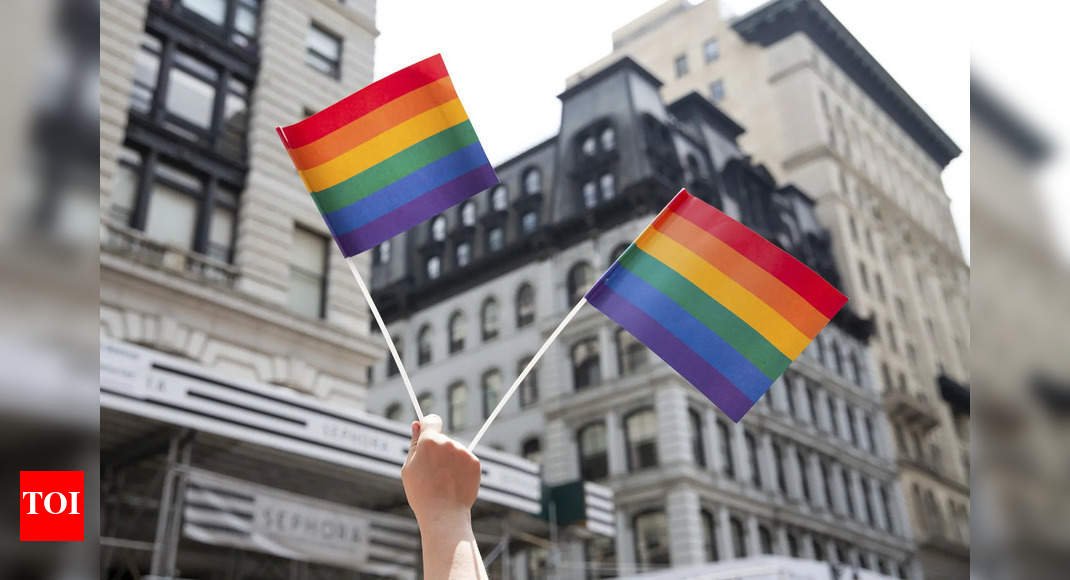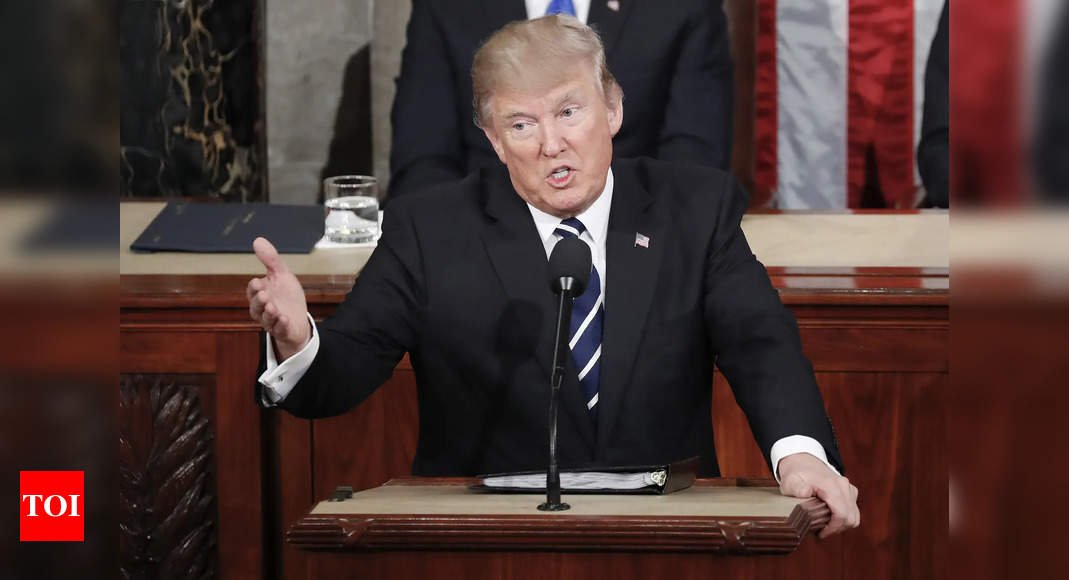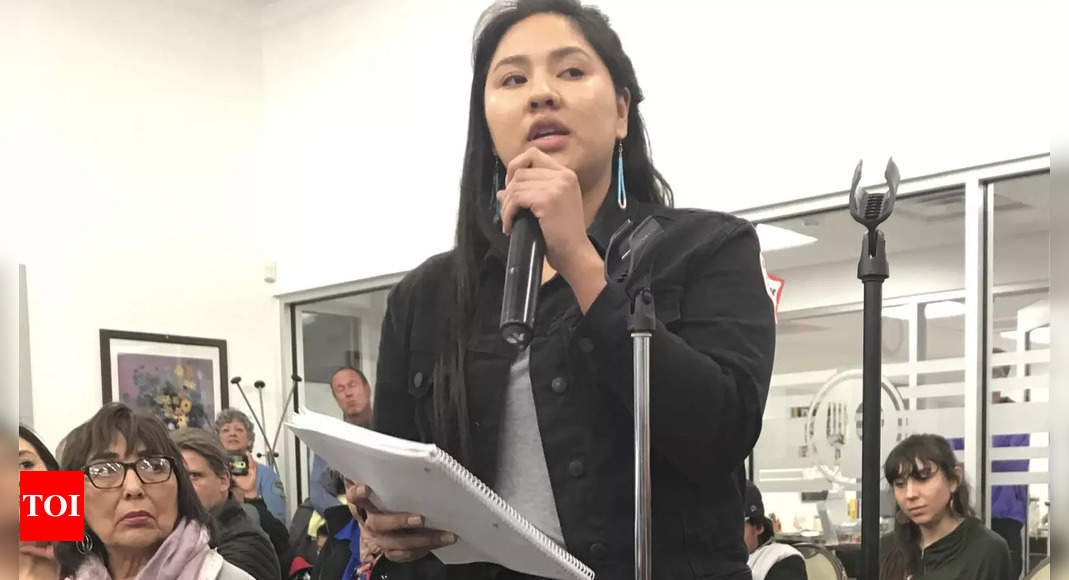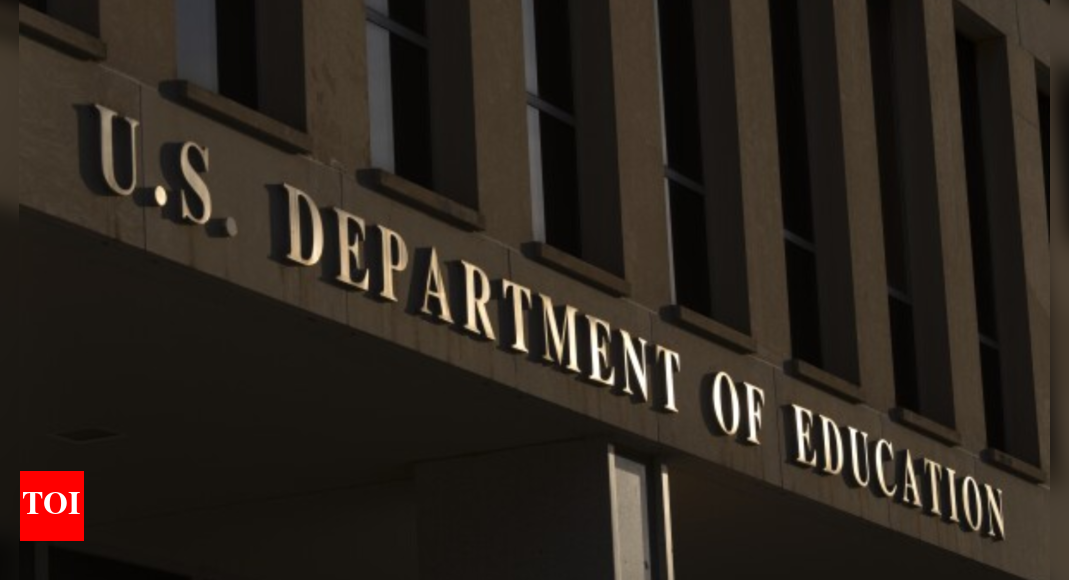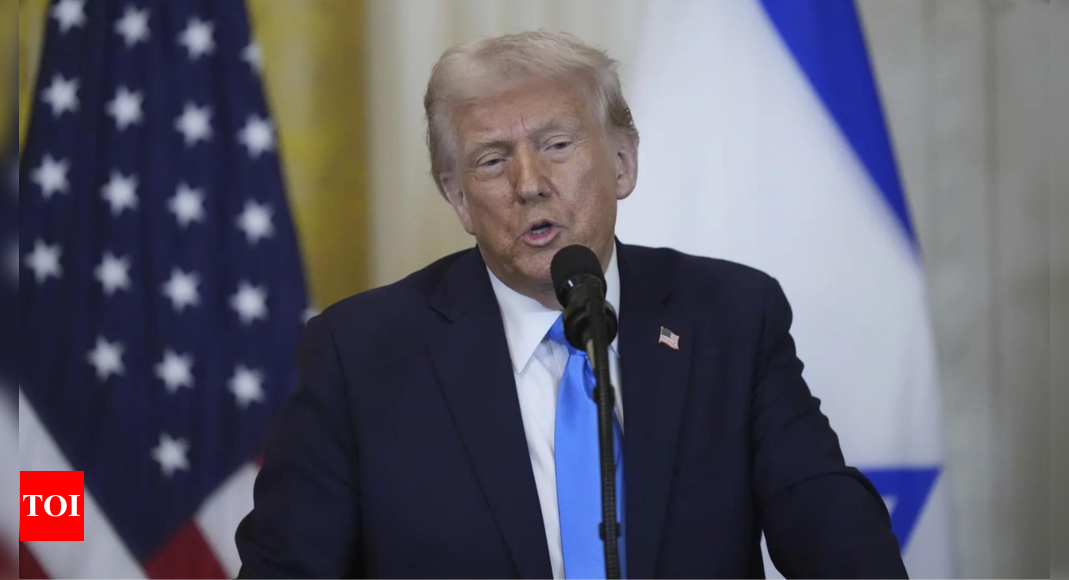In a sweeping move that redefines federal gender policy, President Donald Trump has doubled down on a strictly binary understanding of gender, limiting recognition to male and female as assigned at birth. On January 20, 2025, Trump signed an executive order titled Restoring Clarity in Federal Gender Policy, mandating federal agencies to implement this definition across official documents and policies. The directive, a cornerstone of his campaign pledge to combat “gender ideology,” has already triggered sweeping changes—banning gender-affirming care for minors, restricting transgender participation in sports, and barring transgender individuals from military service.
The ripple effect of Trump’s order has reached public universities in Iowa, where admissions policies have been revised to acknowledge only two sexes—male and female—on application forms. The move aligns the state’s higher education institutions with the administration’s hardline stance on gender.
Previously, the University of Iowa allowed applicants to select from a spectrum of gender identities, including agender, cisgender, nonbinary, and transgender. That changed on February 13, 2025, when university officials removed those options, replacing them with just three: “male,” “female,” and “prefer not to answer.” The revision followed pressure from Republican state lawmakers, who argued that broader gender classifications contradicted state and federal policies and accused universities of promoting “ideological influence” in public education.
Political pressure and Board of Regents response
The shift was set into motion by a formal request sent to the Iowa Board of Regents on February 10, 2025, by Republican lawmakers demanding immediate policy adjustments.
“As part of President Trump’s Restoring Sanity Agenda, he has made it the official policy of the United States that there are only two genders—male and female,” Rep. Taylor Collins (R-Mediapolis) and Sen. Lynn Evans (R-Aurelia) wrote. “I have been made aware that our regent universities use contrary practices and policies.”
The letter went further, calling on the board to fall in line with the federal mandate. “If we have recognized anything since the last election, Americans and Iowans are ready for a return to sanity, and that begins with recognizing this basic biological reality.”
In response, discussions among Iowa’s regent universities were fast-tracked, leading to the immediate implementation of application updates by February 13. The decision impacts all three of Iowa’s public universities—The University of Iowa, Iowa State University, and the University of Northern Iowa—placing them squarely in compliance with the federal directive.
Nationwide fallout and campus backlash
Iowa’s decision signals what could be the beginning of a nationwide domino effect, with several Republican-led states expected to enact similar policies. Supporters argue that the changes protect objectivity in federally funded institutions, while critics contend that the policy erases the recognition of transgender and nonbinary students, making it harder for them to navigate academic life.
Beyond admissions, the fallout is expected to reshape campus culture. Student organizations that previously provided resources for LGBTQ+ individuals may face cuts in funding or recognition. Diversity and inclusion offices, which offer support to gender-diverse students, could be forced to revise their programs or risk non-compliance with state and federal directives.
A deepening divide in higher education
As the battle over gender identity intensifies, the divide between Republican- and Democratic-led states is growing starker. The policies governing gender recognition in education are now largely dictated by political affiliation, leaving students to face vastly different realities depending on where they choose to study.
For transgender and nonbinary students in Iowa’s public universities, the new landscape is clear: Their identities, at least on official records, no longer exist. Whether this trend spreads or meets resistance at the state level will define the next chapter in America’s ongoing culture wars.

